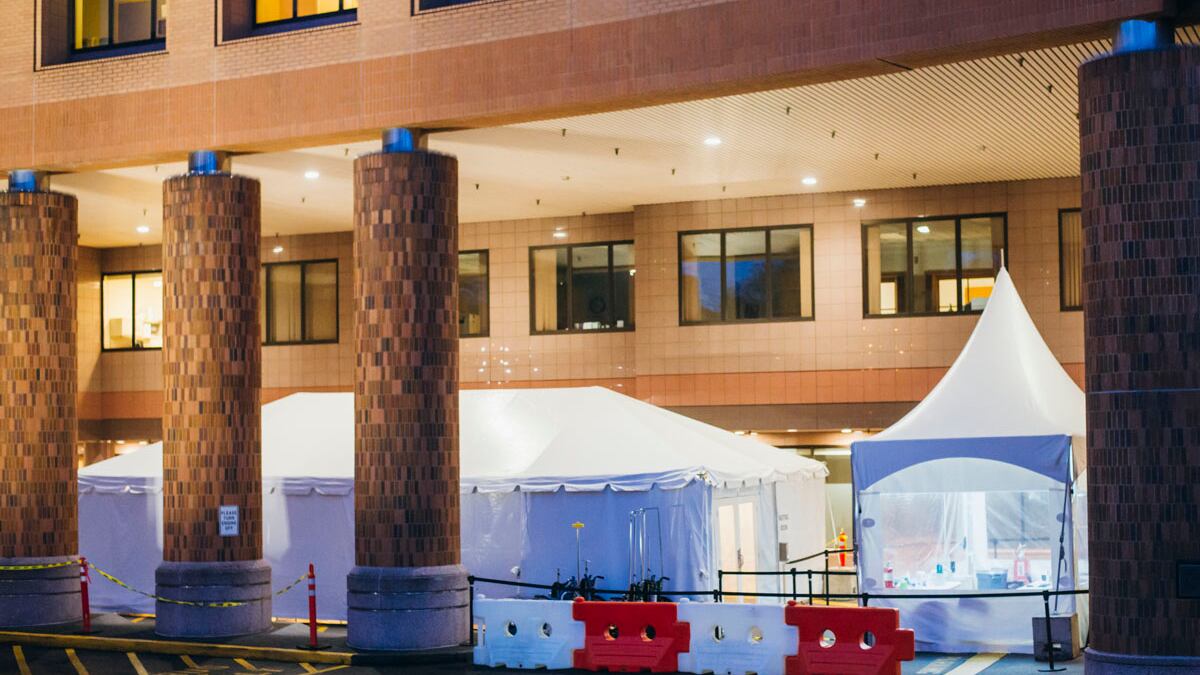Oregonians are livid about the scarcity of COVID-19 tests. It's cold comfort, but here's the truth: Once again, Oregon is pretty average.
To date, Oregon has administered tests to 12,883 people, or 0.3 percent of the 4.2 million people living here. That places Oregon 22nd among U.S. states for its rate of COVID-19 testing per capita, according to the COVID Tracking Project, which collects testing data from state health agencies.
Most U.S. states are desperate for COVID-19 testing supplies, after an abysmal start by the U.S. Centers for Disease Control and Prevention over the past two months. On March 30, several governors warned President Donald Trump they were days away from running out of tests completely.
If Oregon's testing capacity seems especially paltry, that's because we're in the shadow of Washington state—whose testing rate is second-best in the country at 0.86 percent of the state's 7.6 million population. That's thanks in large part to the University of Washington Virology Lab, which can test thousands of specimens a day. It may also explain why Washington has been unusually successful in containing the virus's spread.
But Oregon looks phenomenal compared to Idaho and California—which rank 30th and 46th in the nation, respectively. Here's how Oregon's testing rate compares to neighboring states—along with the nation's best and worst efforts.
COVID-19 testing by state, per million residents
New York: 6,277 (#1)
Washington: 4,503 (#2)
Louisiana: 3,879 (#3)
Oregon: 1,726 (#22)
Nevada: 1,661 (#23)
Idaho: 1,224 (#30)
California: 516 (#46)
Arizona: 127 (#50)
Maryland: 112 (#51)

